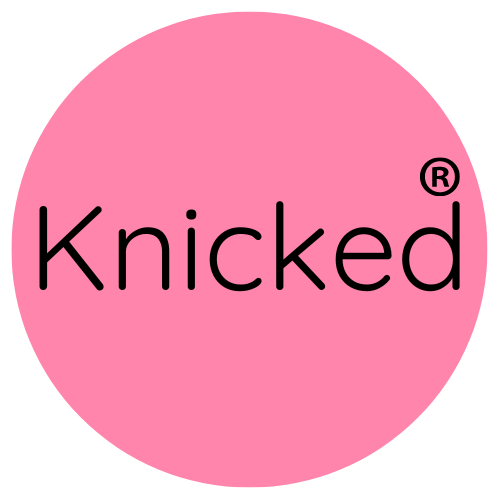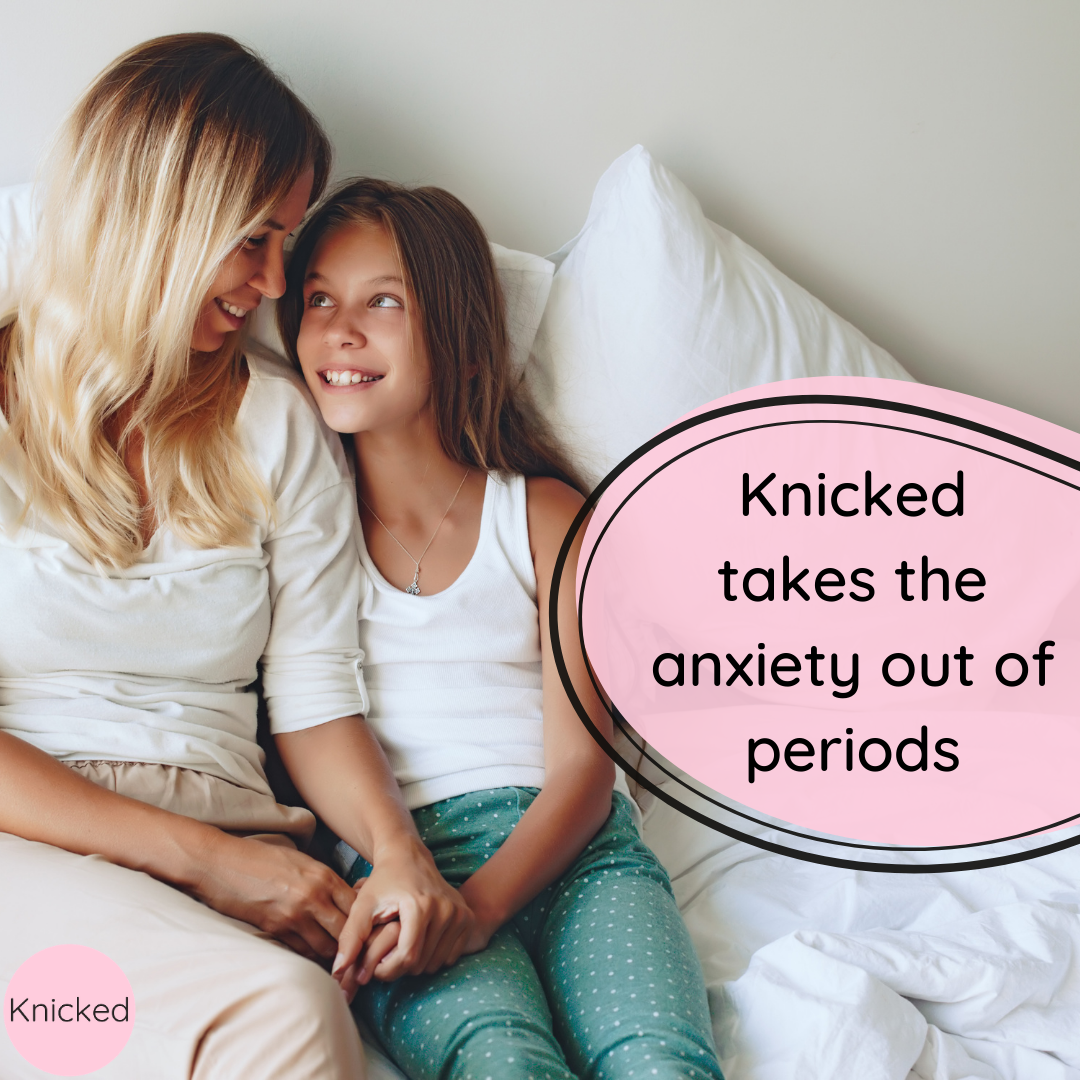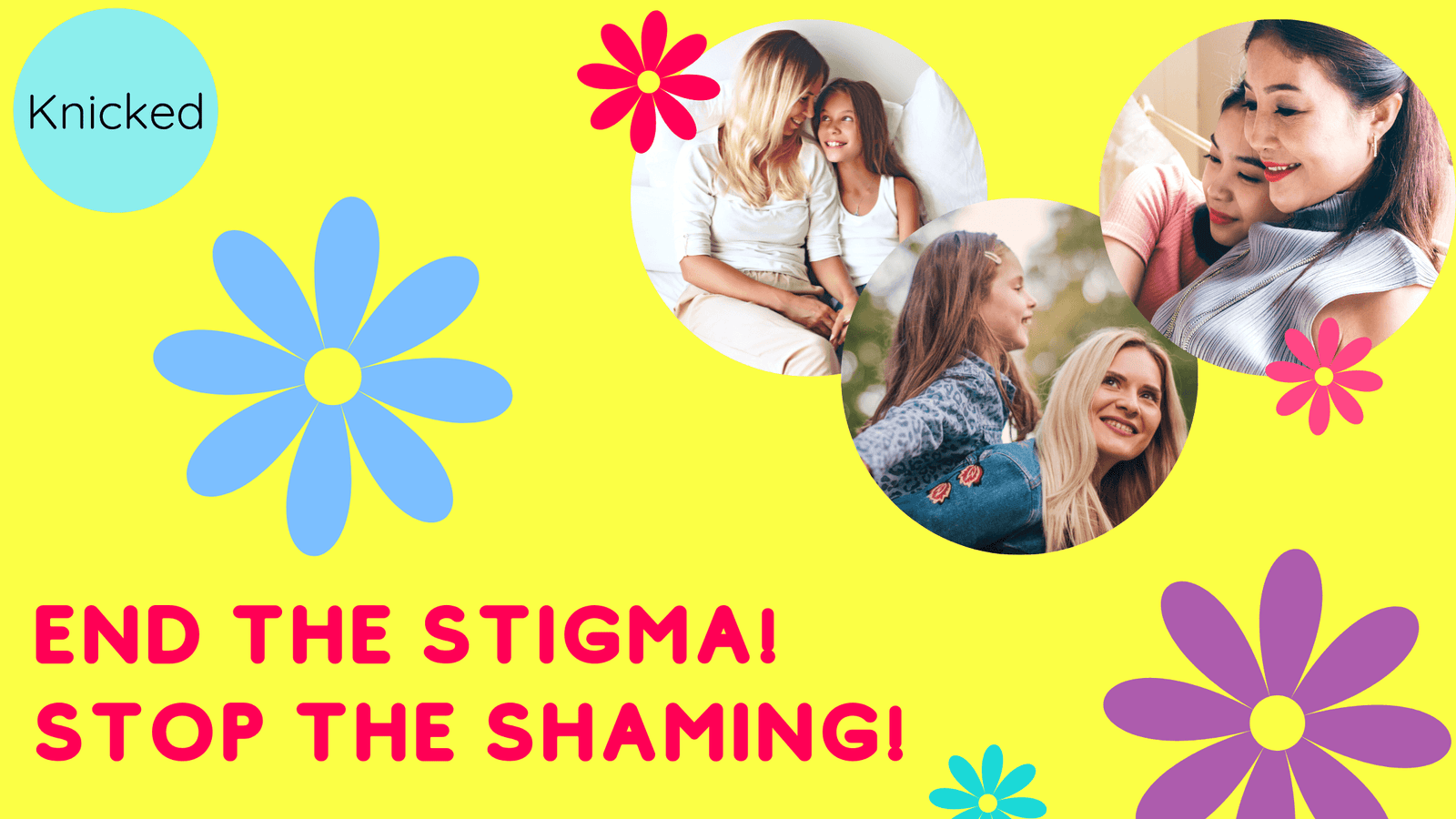Did you know that you can hack your cycle?
That’s right, the menstrual cycle isn’t just about bleeding. It’s a chain of activities in the brain, ovaries, and uterus linked to hormones that make different aspects of life easier - or harder - depending on the time of your cycle.
Honestly,this cycle is a superpower, and once you tap into it, you can live your best life! So, luckily for you, we’ve put together a menstrual cheat codeanyone with a uterus can follow, becausewe deserve to feel confident, informed, and in sync with our bodies, no matter what stage of our cycle we’re in.
Now, that starts with some basics:
First,the menstrual cycle is around 28 days* long and made up of two cycles that run simultaneously and impact each other:
- the uterine cycle → recurring processes in the uterus.
-
and the ovarian cycle→ recurring processes in the ovaries.
If you want to learn more about these cycles, we highly recommend watching this great video:
But, if you want to get straight to cycle hacking, just know we are referring to two interconnected cycles when we say ‘menstrual cycle.’
*This is a general cycle length; anywhere between 26-31 days is normal, and your cycle can change in length month-to-month!
There are many hormones that work and impact how we feel during the menstrual cycle, but thethree main hormones we’re focusing on today are:
- Oestrogen, which promotes growth of the uterine lining.
- Progesterone, which thickens the uterine lining to support a potential pregnancy.
- Testosterone, which regulates the overall menstrual cycle.
Because these hormones fluctuate throughout the cycle, not only are our mood and energy levels impacted, but physical attributes change, such as the quality of our skin and hair.
Finally, this generalised menstrual cycle is split intofour main phases: Menstrual, Follicular, Ovulation, and Luteal. Here’s what to know (and do!) about them:
🌧️ 1. Menstrual Phase (Days 1-5)
(Your period starts - Day 1 of your cycle)
Hormone changes:
- Oestrogen, progesterone, and testosterone are all at theirlowest.
How you might feel:
- Tired (thanks, low oestrogen), emotional, crampy, introverted - and that’s OK!
Foods to eat:
- Warm, iron-rich foods like lentils, spinach, red meat, stews, soups.
- Stay hydrated and eat magnesium-rich foods for cramps (e.g., bananas, dark chocolate).
- Prioritised hot teas - not only do they keep you warm (reducing blood clots), but they contain antioxidants that reduce inflammation.
What to do:
- Rest when you need it - think reading, journaling, movie nights.
- Do light exercise like gentle yoga or walks in the sun.
- Get comfortable - reflect and plan ahead, don’t push yourself, and wear things that make you feel good, like our period underwear, accessible by clicking here.

🌱 2. Follicular Phase (Days 6-13)
(Post-period; your body’s preparing to ovulate)
Hormone changes:
- Oestrogen and testosterone begin torise.
- Progesterone stayslow.
How you might feel:
- Energised, inspired, clearer thinking, optimistic - a fresh start!
-
More attractive - your face gets more symmetrical during this phase.
Foods to eat:
- Light, fresh foods: salads, lean proteins, seeds, nuts.
-
Add fermented foods (like yoghurt, kimchi) for gut health.
What to do:
- Try new things, set goals, study - your brain’s sharp.
- Perfect time to start projects or hit the gym (utilise that natural motivation!).
- Plan social events to prepare for the next phase…

🌟 3. Ovulation Phase (Days 14-16)
(Your body releases an egg - the peak of your cycle)
Hormone changes:
- Oestrogen and testosteronepeak.
- Progesterone begins torise.
How you might feel:
- Confident, flirty, social, outgoing.
Foods to eat:
- High-fibre foods, antioxidants, lean protein.
- Stay hydrated - your body’s working hard!
What to do:
- Harness your confidence and present in class or have a go at leadership roles.
- Work out hard or push your limits physically.
- Get out and socialise - spend time with friends, go on a date, or just enjoy family time outside of the house.

🔥 4. Luteal Phase (Days 17-28)
(After ovulation - body preps for a possible period or pregnancy)
Hormone changes:
- Progesteronerises, oestrogendips, testosteronefalls.
How you might feel:
- Moody, tired, bloated (thanks, progesterone), extra hungry, anxious - especially in the later part (PMS).
Foods to eat:
- Warm, complex carbs like sweet potato, oats, brown rice.
- Avoid too much sugar or caffeine if you're feeling moody or have sore breasts - eating a balanced diet is really important in this phase.
- Add foods rich in B6 and magnesium for mood support (e.g., avocado, salmon).
What to do:
- Prioritise self-care instead of constant productivity: journal, get to bed early, shift your skin care routine (your skin may break out more thanks to extra oils and sensitivity).
- Do more low-impact movement like stretching or walking to conquer PMS and boost serotonin while prioritising comfort.
- Spend time alone - don’t overschedule and embrace this time to nourish yourself.
- Get ready to do it all again!

Learning to hack your cycle means you work with your body, not against it. Following the prompts above can mean you plan your study, workouts, social life, and self-care better, ensuring you’re putting in your best efforts even if they’re less frequent. And, in knowing how hormones impact us beyond bleeding, we canbust the myths of being “moody for no reason”- there’s science behind almost every shift!
Remember, these cycle dates are just approximations. To ensure you’re hacking your period in time with YOUR cycle, track your cycle with an app or journal. And if a period ever makes it too hard to live your normal life, talk to a doctor because while it's normal for them to require different adjustments, it is not normal for periods to stop our lives entirely.
Your cycle is your body’s way of talking to you - the more you understand it, the more confident and calm you’ll feel! So try out the tips above and hack your cycle, and keep remembering that periods aren’t a weakness - they’re a superpower in disguise!








